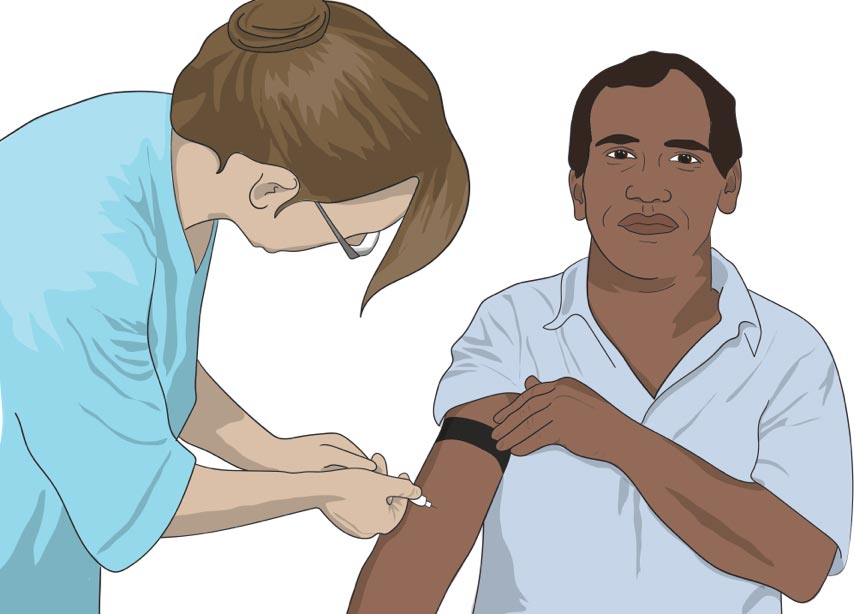- Home
- Life with and after cancer
- Follow-up care

Life with and after cancer


Follow-up care
Once you have completed your cancer treatment, you will need to have regular check-ups with your doctors. Medical care after your treatment has finished is called follow-up care.
What happens after cancer treatment is important too – follow-up care, check-ups with doctors, and looking after yourself. There will still be some steps to take, and your doctor and Aboriginal and/or Torres Strait Islander health worker will support and guide you through this. You can also hear from other people who have finished their cancer treatment too.
Medical check-ups
You might be asked to have regular check-ups to monitor your health and well-being. This might be with doctors who did your surgery if you had it, and the ones who gave you medicines. If you had to travel for treatment, you might need to travel again. Or you might be able to arrange to have check-ups closer to home – ask your doctors or Aboriginal and/or Torres Strait Islander health worker about this.
This follow up is to check whether the cancer treatment was successful. This includes looking to see if cancer has come back, if more treatment is needed and what other support you might need. These check-ups might be every 3 to 6 months for the first few years, then less often, depending what sort of cancer you had
It’s a good idea to take someone else with you so they can help get information and ask questions.
Support for you
After treatment, you might start to think more about how having cancer made you feel and how it affected family. Your family and loved ones will want to know what might happen next and how you are feeling.
People usually have lots of different feelings, and it might take time to work out what these are.
Things to do
Ask for a ‘follow-up schedule’. This can also tell you who you might see next, and when.
Ask about what might happen next – what signs to look out for after treatment, and how much you can do, whether it is work or volunteering or caring for family.
Ask your doctor how to get in touch with them if you need to know something or think you might have a problem. See your doctor straight away if you do notice a change, get symptoms or feel worried about something.
You can get a ‘summary of treatment’ – your doctor can write down what type of cancer you had and list the tests and treatment you had.
Between visits, it can be useful to write a list of things you would like to yarn about.
Cancer in our mob
FIND OUT MORE
Where can I get help and support?
FIND OUT MORE

